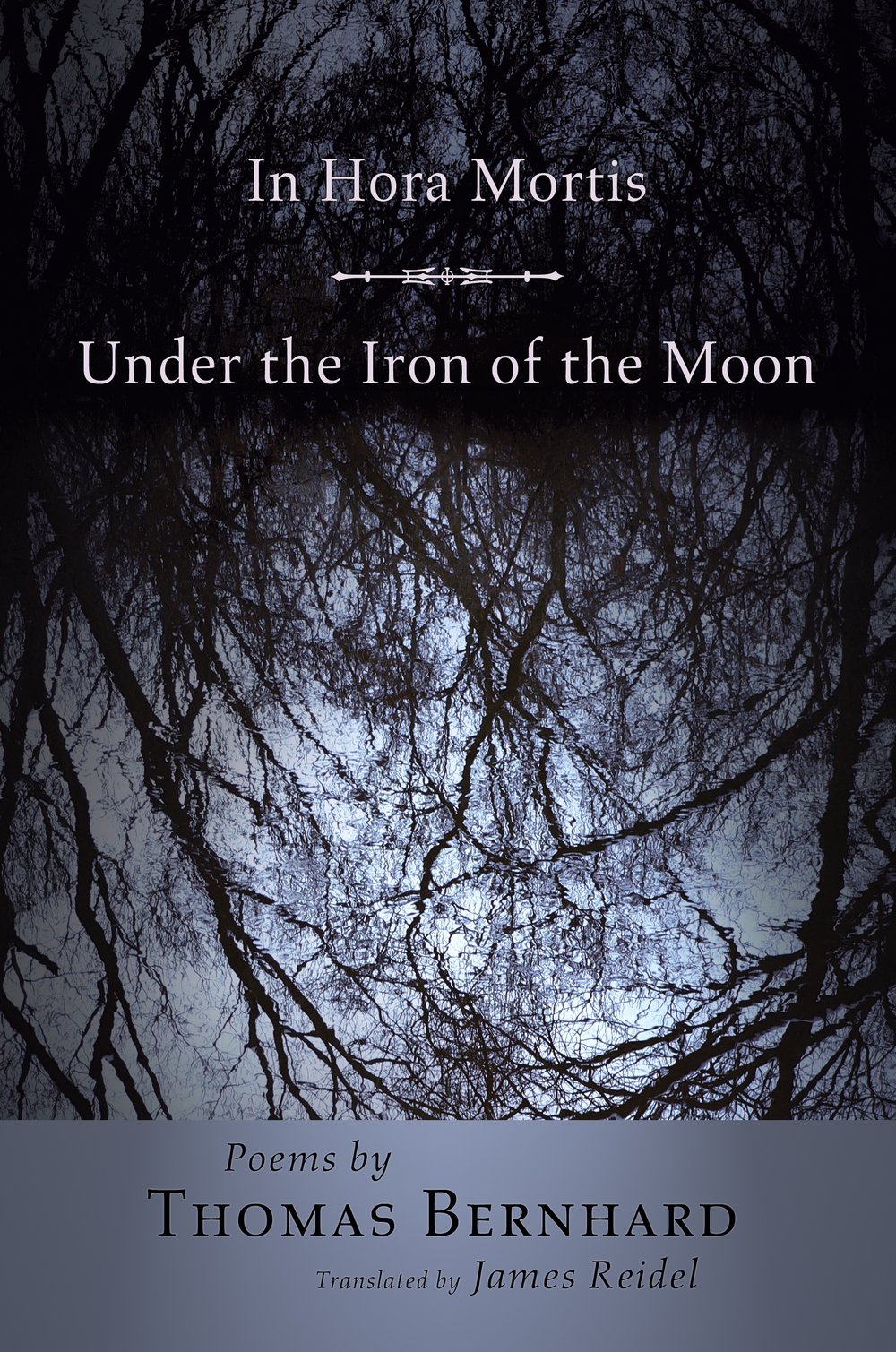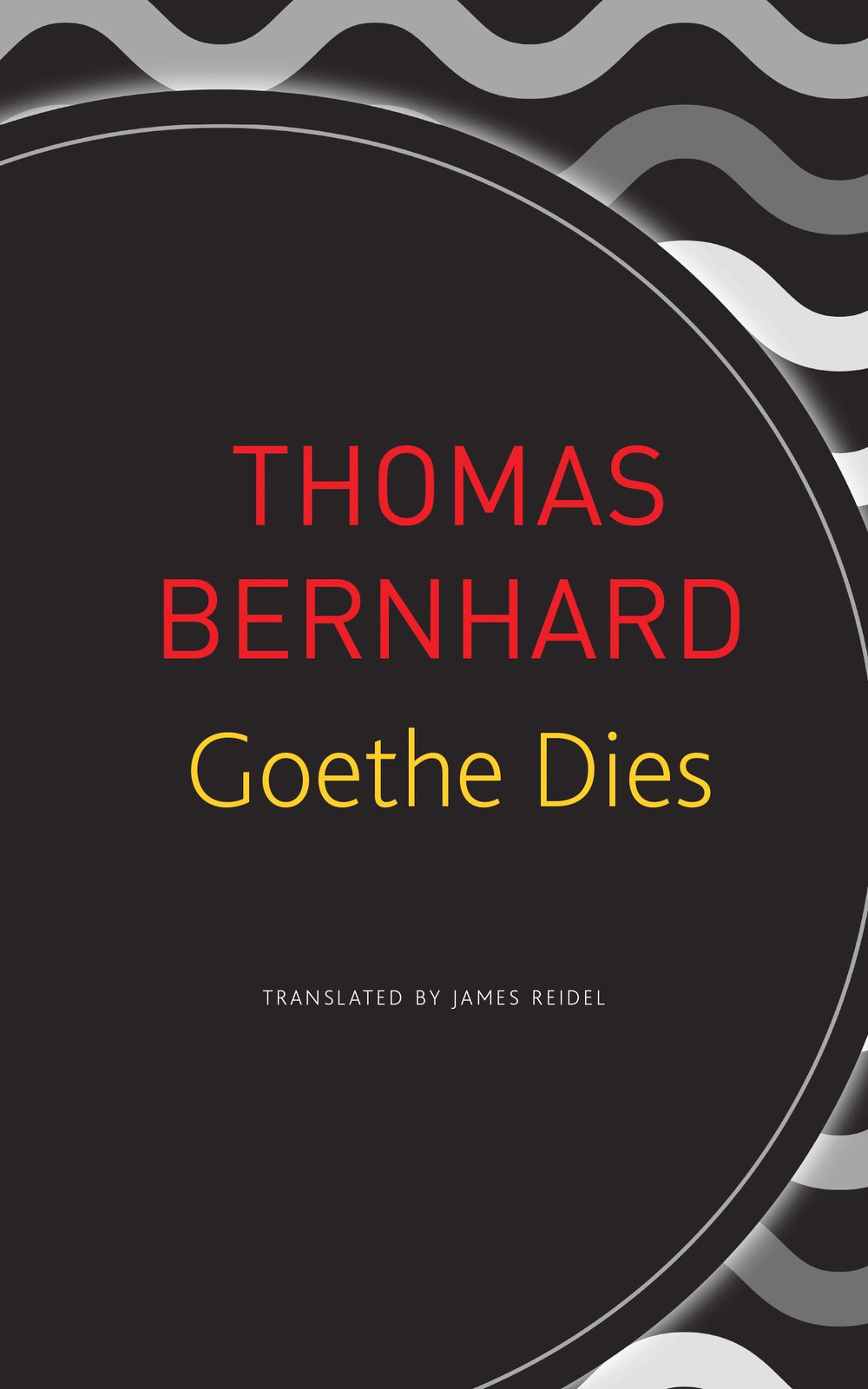On Earth and in Hell
Early Poems
The first English translation of the earliest poetry of brilliant and disruptive Austrian writer Thomas Bernhard, widely considered one of the most innovative and original authors of the twentieth century and often associated with fellow mavericks Beckett, Kafka and Dostoevsky. A master of language, whose body of work was described in a New York Times book review as “the most significant literary achievement since World War II,” Bernhard’s On Earth and in Hell offers a distilled perspective on the essence of his artistry and his theme of death as the only reality. A remarkable achievement by highly-respected translator Peter Waugh.
Thomas Bernhard (1931–1989) was an Austrian playwright, novelist, and poet. His body of work was cited in a New York Times book review as "the most significant literary achievement since World War II." He is widely considered one of the most innovative and original authors of the twentieth century and often associated with fellow mavericks Beckett, Kafka and Dostoevsky.
Peter Waugh is a poet, editor and translator, born in Barnet, London in 1956. He is co-editor of subdream the Vienna Journal of English Language Poetry, and publisher of Labyrinth poetry books. He studied with Allen Ginsberg, Ann Waldman, Jackson Mac Low, Ed Sanders, Andrew Schelling, Blixa Bargeld, Andrei Bitov, Henri Chopin and others. His poetry has appeared in anthologies and magazines in England, the United States, Austria, Slovakia, Macedonia and Croatia, as well as in the chapbooks Horizon Firelight (2000) and Haiku Butterfly Death Dream (2002). He is a member of Übersetzergemeinschaft literarischer und wissenschaftlicher Werke (Austrian Society of Literary and Academic Translators) and his highly-respected translations include the bilingual German-English volumes Terminal by Klara Köttner-Benigni and Standpoints by Edith Sommer. He lives in Vienna.



